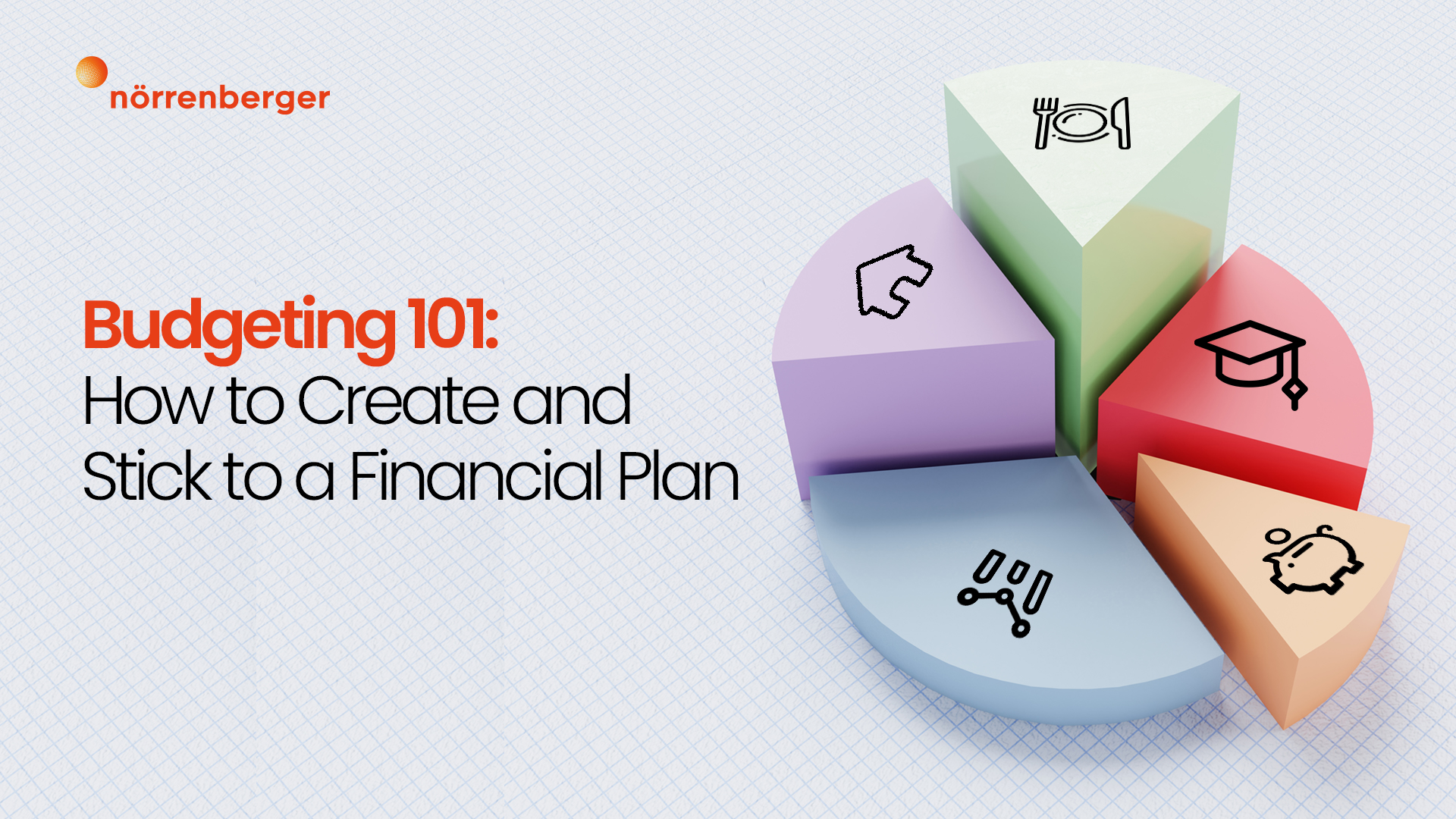Everybody wants to be financially secure— most people want to be able to afford what they want while being safe enough to not panic when unexpected bills spring up. However, not everyone knows how to get there. If this is you, then keep reading. On the other hand, if you are one of those who like to live in the moment and not make any plans- this post will tell you why you do need a plan and you will understand more in a minute.
Why is financial planning important?
Before we get into the why, let’s address the what. Financial planning is creating a comprehensive plan to meet specific financial goals. It helps you identify your goals and gives you a full view of where you currently are and what changes you need to make to meet them. In the words of Alexa Von Tobel, “A good financial plan is the road map that shows us exactly how the choices we make today will affect our future.”
Now for the why. Financial planning helps you:
- Identify and prioritise your goals.
- Get a complete picture of your financial standing.
- Reveal financial weaknesses like not having enough saved for emergencies.
- Feel more confident in your choices in your investment portfolio despite market difficulties.
To help you make better decisions, here are 5 steps on how to create a financial plan and stick to it:
1. Define your financial goals.
You guessed it—figure out what financial goals you want to achieve. Just like a house, goals are the foundation of your financial success. You want to make sure that your goals are prioritised and properly outlined. Your financial goal could be anything from getting a higher-paying job to investing in a diversified portfolio. The important thing is that you know what you want and prioritise it in your goals.
2. Audit your financial situation.
You have to be brutally honest with yourself. Where am I right now financially? Check your current account balance, savings, expenses, and other assets. If you do not have a grasp of it all, use the next month to track every spend, from repaying debts to buying groceries. Sum up all your spending and subtract it from your monthly income. Figure out if you need to cut expenses or get additional income. Who knows? Your current financial situation just might give you the push you need to ask for a raise. Auditing your monthly finances will give you a clear picture of your current financial situation and guide your planning process.
3. Develop a financial plan that works for you.
This is where you put together a strategy for best practices in utilising your financial resources. Once you have a full understanding of your financial abilities and goals, draw up a detailed financial plan. Moreso, account for future scenarios and how they will impact your income. Are you working towards funding a master’s degree soon? Are you pursuing a career path that guarantees higher pay over time? Think about how these factors play into your financial goals and adjust your plan where necessary.
4. Commit to a short-term savings goal.
You are just getting started—whoa there. You do not want to jump into financial action without a proper understanding of what it entails. So, start with baby steps—a short-term savings or investment plan. Make a plan for the next 3 months [90 days], decide how you want to save, and decide which goals you will put the money towards upon maturity. If you are serious about increasing your wealth, you are going to need to put your money to work for you—invest. You can invest in mutual funds; they are short-term and low-risk investments.
At the end of your 3-month period, review your plan. Did you meet your financial target? Do you want to continue or find an alternative method? Once you have decided, set another 3-month goal, or if you are up for it, a longer one, and follow through.
5. Stick to your plan.
Let’s be honest: your journey to financial freedom will not always be sunshine and rainbows. There will be some tough days. But if you focus on the why and invest your energy, devotion, and persistence in your plan, you will be fine.
But hey, you do not have to do your financial journey alone. Financial advisors can give you all your options and offer personalized guidance on how to reach your goals most efficiently. Whether it is opening a savings account or entrusting your money to a stable financial platform like Norrenberger, ensure you do your research properly and stick to your plans. This is the only way to achieve your financial goals.




